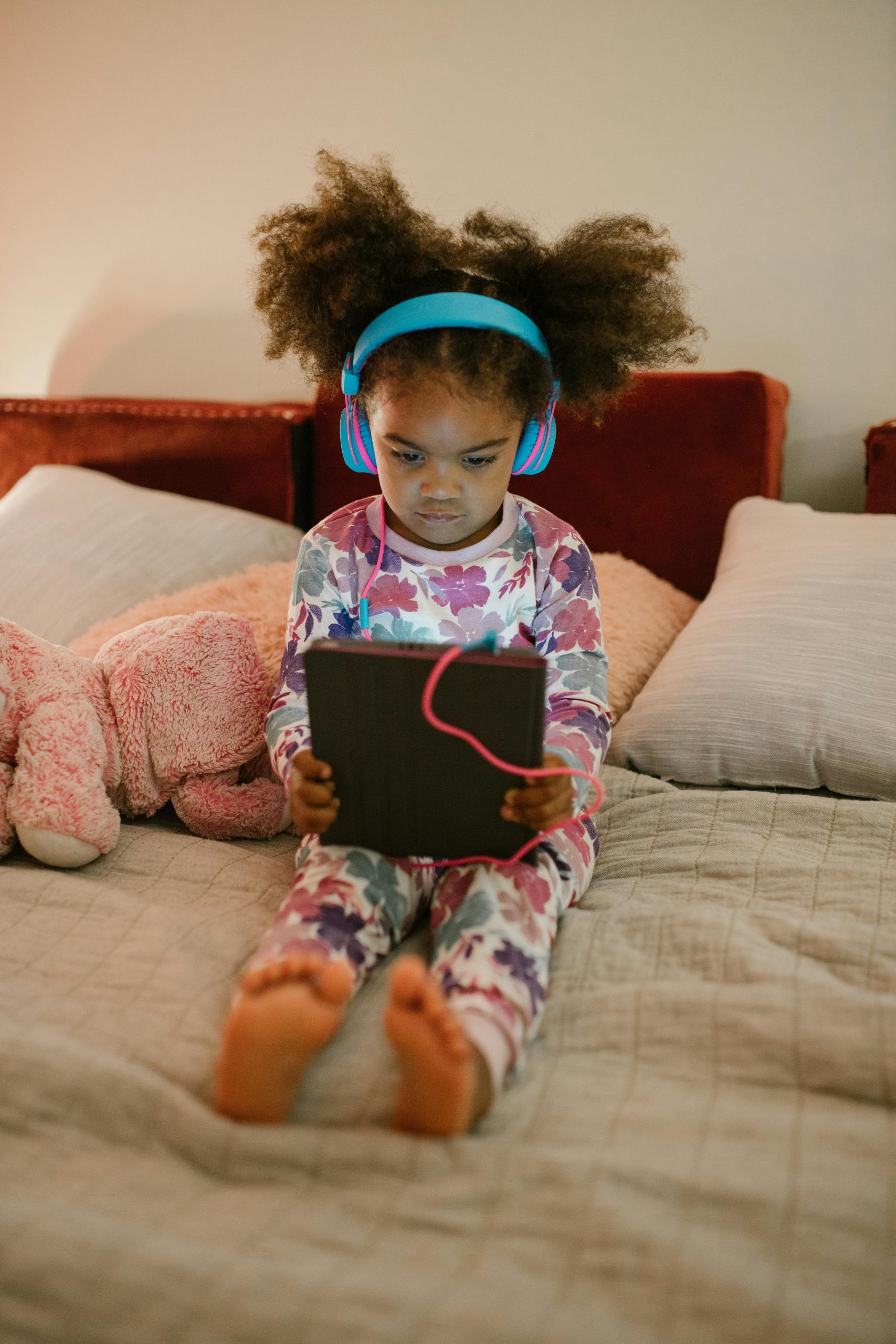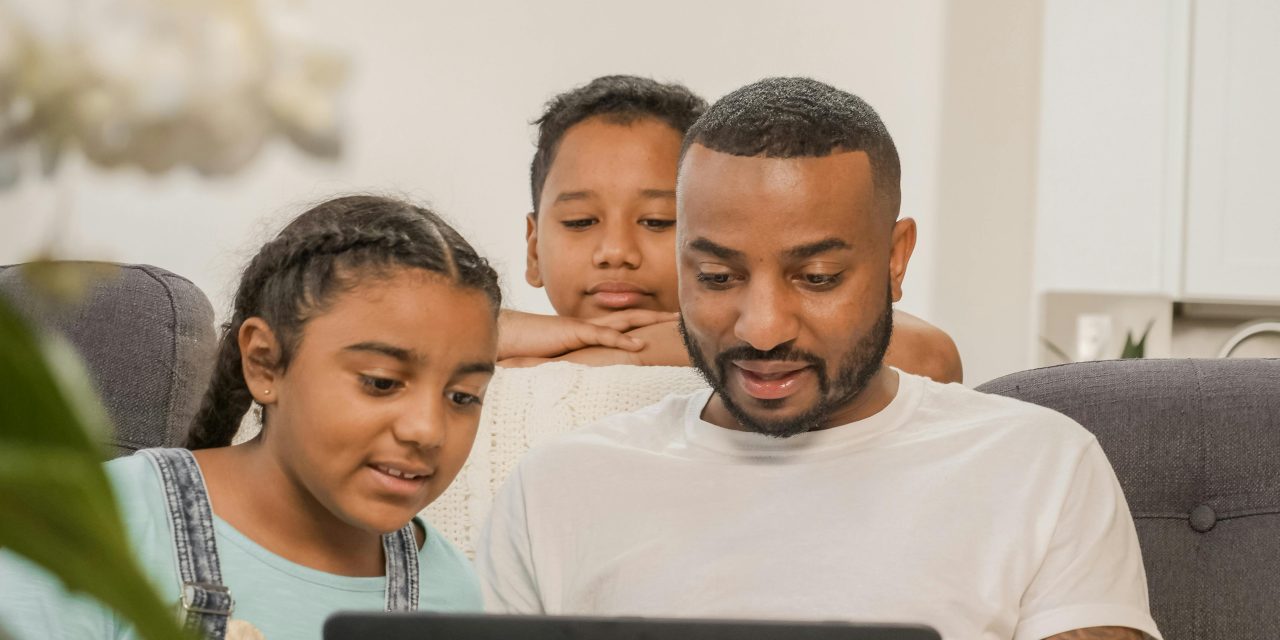Too much screen time can affect your child’s focus, sleep, and learning
Screens are everywhere; from tablets and TVs to smartphones and gaming consoles. While technology can be educational and entertaining, it can affect your child’s attention, memory, sleep, and behaviour. Here’s what parents need to know.
The problem with excessive screen time
Could you guess just how much time a day your child spends on screens? Recent research by Stellenbosch University revealed that teenagers spend more than three hours each day on their phones.
It may not sound like much, but excessive screen time has been linked to:
- Shortened attention span
- Reduced memory and learning efficiency
- Sleep problems
- Behavioural issues, including irritability or anxiety
What are children doing online?
These days, children spend a lot of time online, whether it’s watching videos, playing games, chatting with friends, or even doing homework. On average, children aged 8–12 are online at least four hours a day, while teenagers often spend even more.
On the upside, some screen time can be wonderful for learning and creativity, like educational apps or interactive games. But too much time just watching videos or scrolling through social media can affect their focus, sleep, and mood.
The key is balance: encourage regular breaks, set limits, and join in their online activities when you can to make screen time safe and meaningful.
Age-appropriate screen time limits
0–2 years:
- No recreational screen time. Focus on hands-on play, talking, and reading with your baby.
2–5 years:
- Up to 1 hour each day of high-quality, educational content. Co-watch whenever possible.
6–12 years:
- Up to 2 hours a day of recreational screen time. Encourage breaks, outdoor play, and offline hobbies.
13+ years/Teenagers:
- Focus on balance rather than strict limits. Make sure that your child isn’t becoming addicted to their screens. Watch that screen time doesn’t doesn’t interfere with sleep, schoolwork, physical activity, or social time. Encourage mindful and purposeful use.

Help at hand
Managing your child’s screen time can feel like a daily struggle, especially when screens are everywhere. It’s completely normal to feel frustrated or guilty, but remember, you’re not alone, and small steps can make a big difference.
Start by observing how your child uses screens: which apps or games they enjoy, when they get most absorbed, and how it affects their mood, sleep, or attention. Understanding these patterns helps you guide them without making screens feel like a constant punishment. Try setting simple, clear boundaries, like keeping bedrooms and mealtimes screen-free, or encouraging short, frequent breaks during longer sessions.
It also helps to make screen time meaningful rather than purely passive. Co-watch videos or play interactive games together, so you can discuss what they’re learning and model healthy habits.
Swap some screen time for fun offline alternatives like board games, arts and crafts, outdoor play, or reading together. Celebrate small successes, like finishing homework before gaming, or choosing a creative activity instead of scrolling endlessly.
Remember, balance is key: screens aren’t inherently bad, but with consistent boundaries and mindful choices, you can help your child enjoy technology safely while developing healthy habits that last a lifetime.
Images: Pexels





















